France, Spain, Germany and Italy helped by lower inflation and prospect of interest rate cuts
Research and publish the best content.
Get Started for FREE
Sign up with Facebook Sign up with X
I don't have a Facebook or a X account
Already have an account: Login
A collection of articles relating to the 'international' elements of Economics and relating to IB, Pre-U and A-Level Economics.
Curated by
Graham Watson
 Your new post is loading... Your new post is loading...
 Your new post is loading... Your new post is loading...
|
|









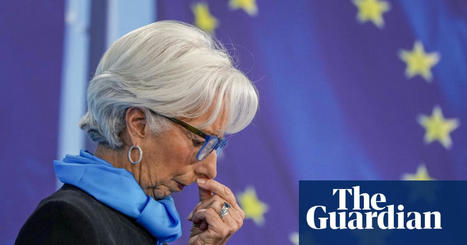
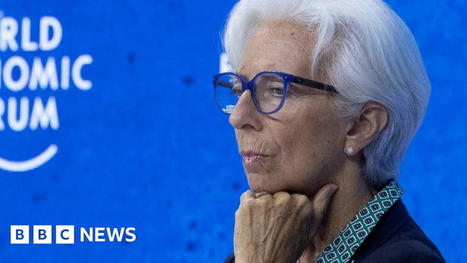
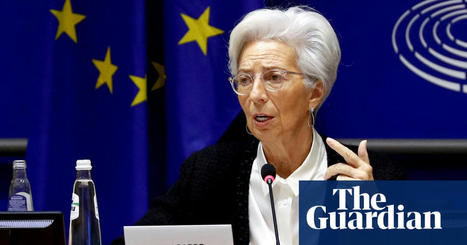


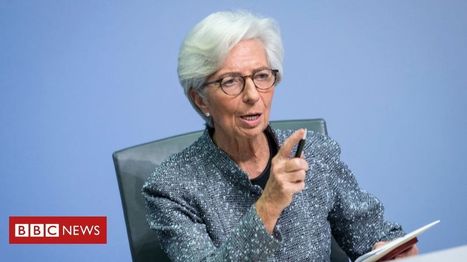
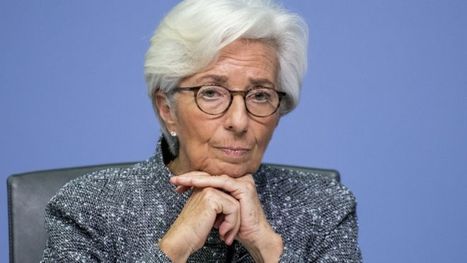
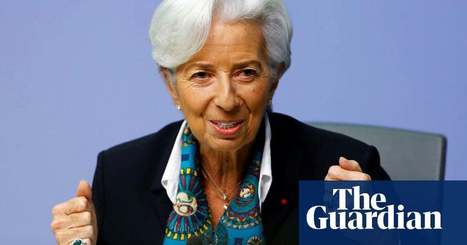
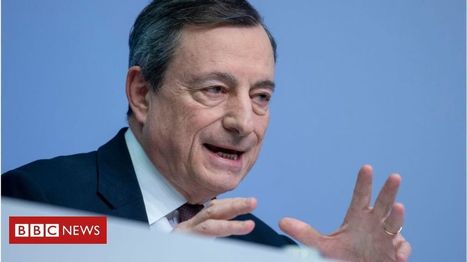

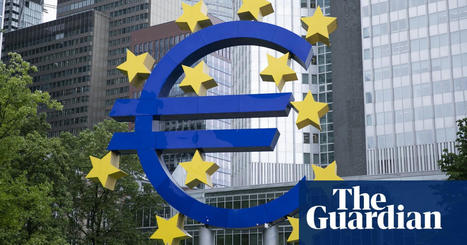

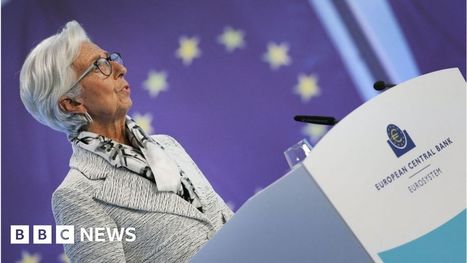
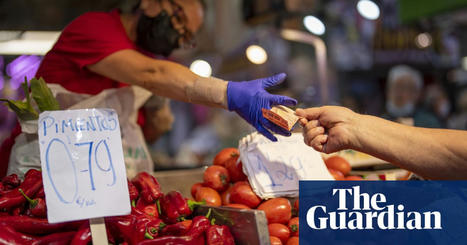


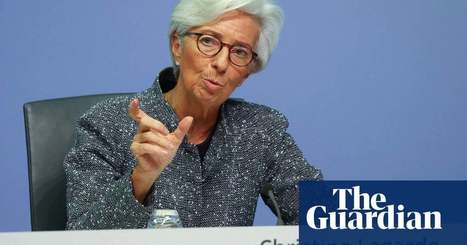

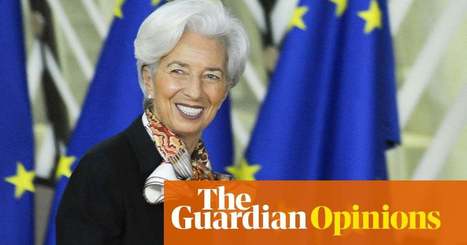
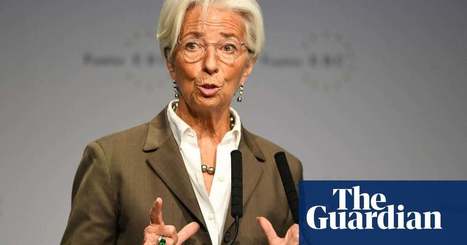





Hurrah! Europe has exited recession, with the big four economies - France, Spain, Germany and Italy - helping push Eurozone growth for the first quarter to 0.3%, exceeding expectations. It seems that the prospect of falling inflation and accommodative monetary policy mean that it will slowly recover, although growth will remain moderate.